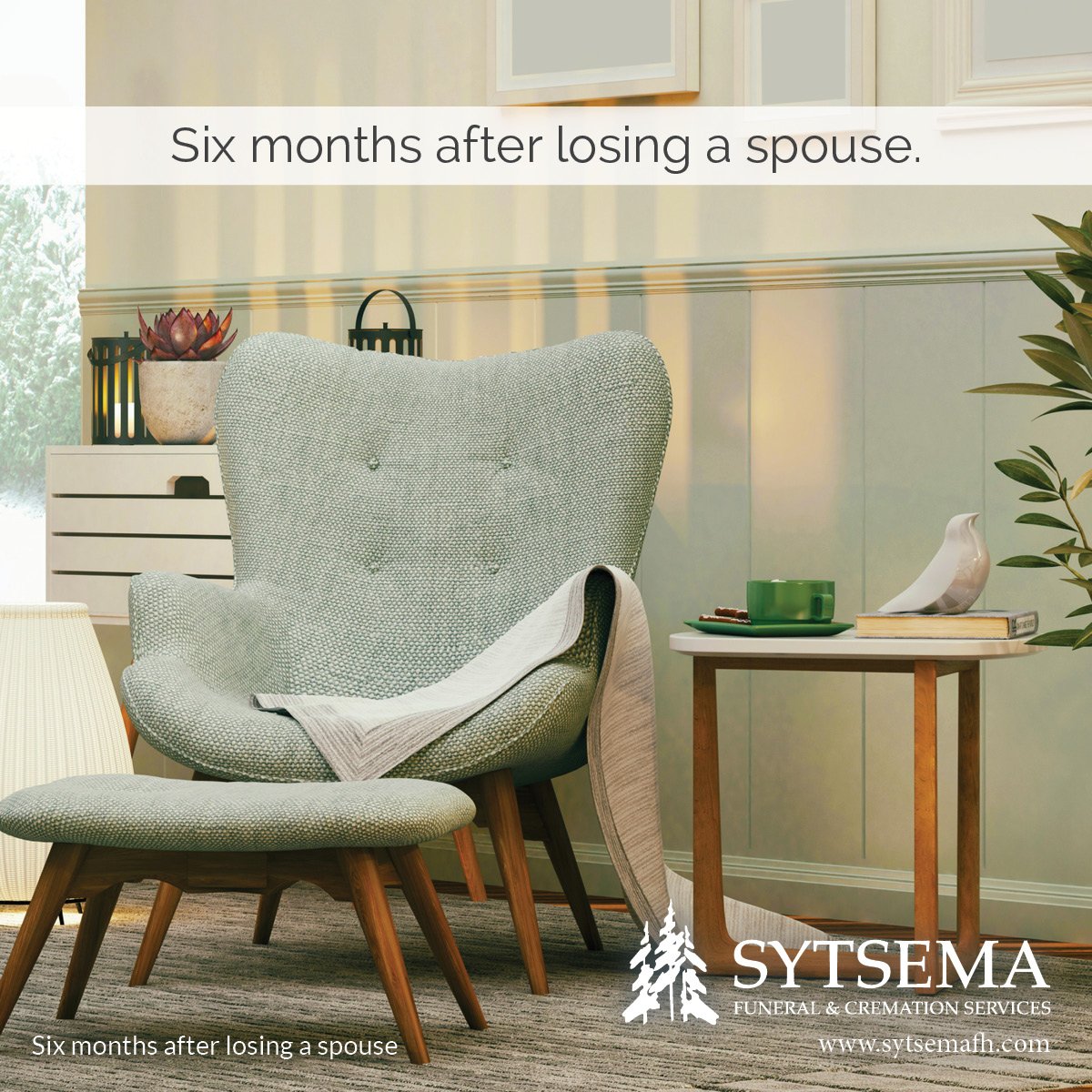
Losing a Spouse Three to Six months after loss
Posted on March 19, 2021 by Sytsema Funeral Home | Leave a comment
Posted under Grief
By now most of the big stuff is probably done. The thank you notes have been written and mailed. The marker or head stone has been placed or you’ve found a place for the urn. You’ve probably filed for the life insurance, and perhaps you’ve even begun to clean out his closet. You may be wondering, […]
Continue Reading
Our dog died and my family wants to get a new one. Why?
Posted on January 8, 2021 by Sytsema Funeral Home | Leave a comment
Posted under Grief
When a beloved pet dies, the death leaves a void in its human owner’s life. There will be no jumping, wagging greeting waiting for them when they come home. Every pet owner knows there are days when the walk, or cleaning the litter, is more dreaded than enjoyed. But when the chore is gone, they […]
Continue Reading
Moving after a spouse dies?
Posted on November 27, 2020 by Sytsema Funeral Home | Leave a comment
Posted under Grief
One of the realities of losing a spouse or a parent is the impact that event has on living arrangements. Are we living in the “right” place? Is the house too big? Is it too far away from family? Will my surviving parent be safe where they live? Should I move to be closer to […]
Continue Reading
A year of firsts
Posted on November 13, 2020 by Sytsema Funeral Home | Leave a comment
Posted under Grief
When someone close to us dies, a spouse, a child, a parent, a sister, brother, or friend, their passing leaves an empty space in our lives. We will go on and we will have happy moments, then happy days, and eventually whole stretches of happy time. However, that initial year, after the death, we must […]
Continue Reading